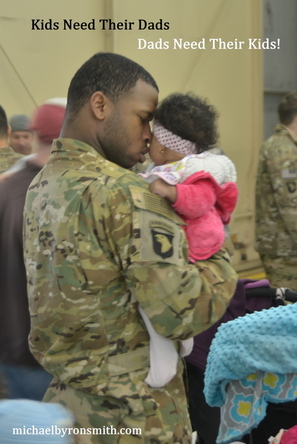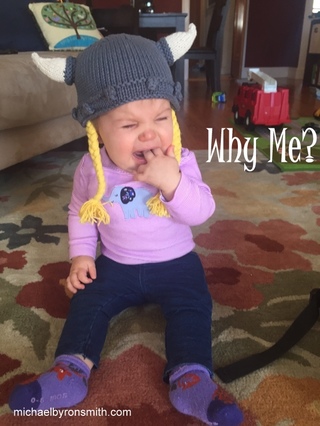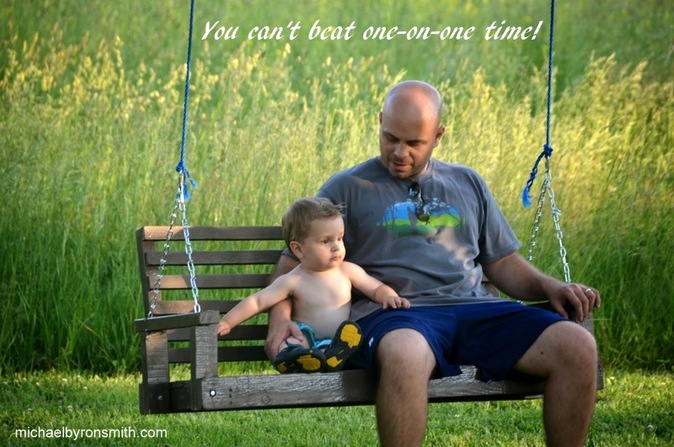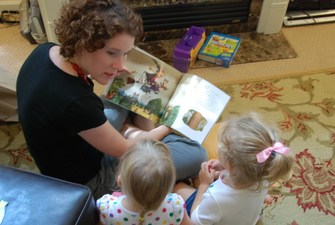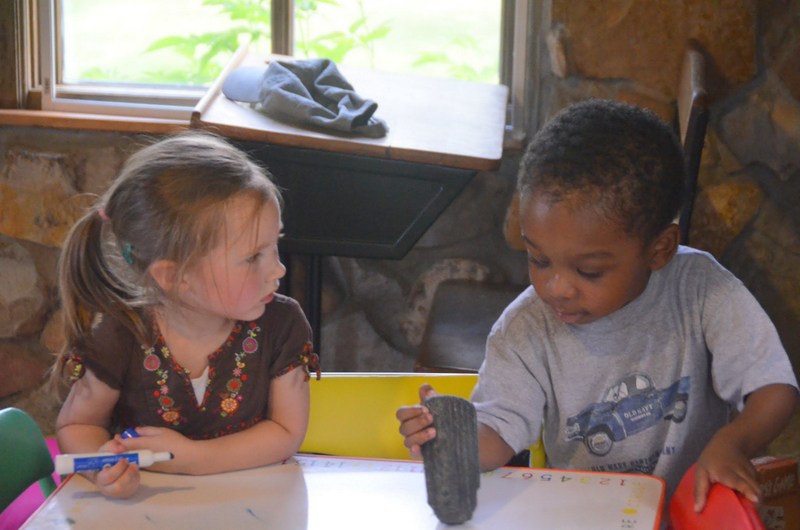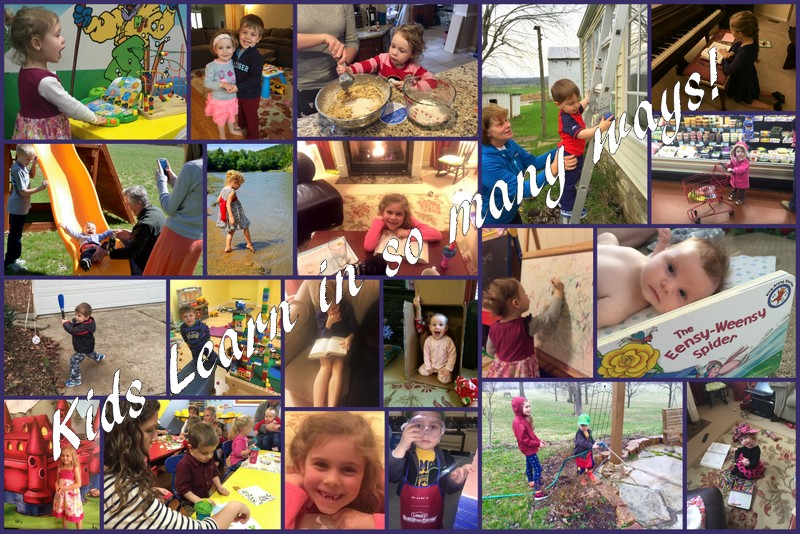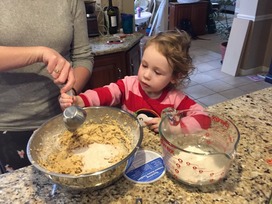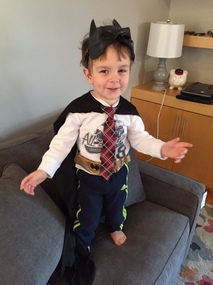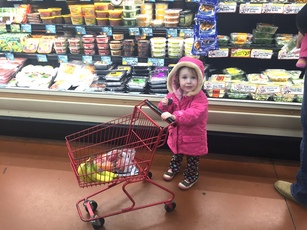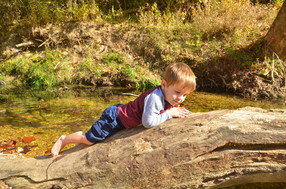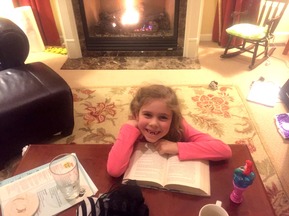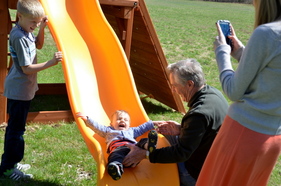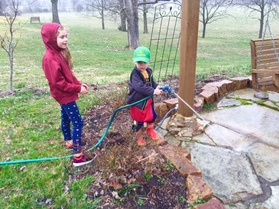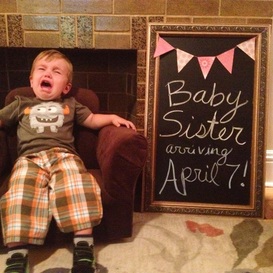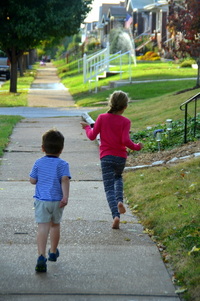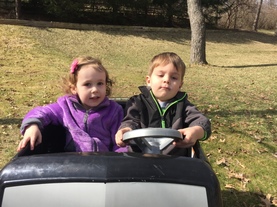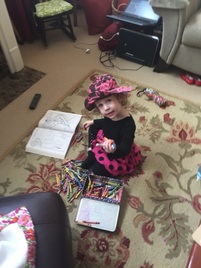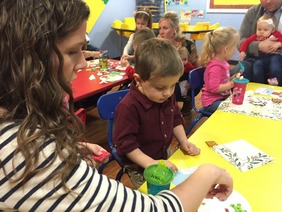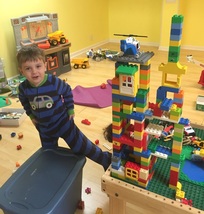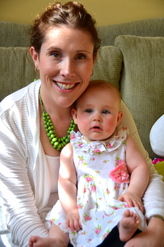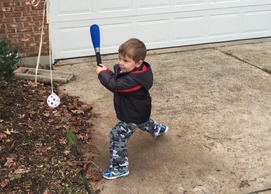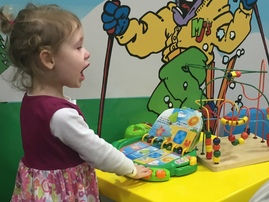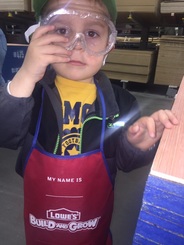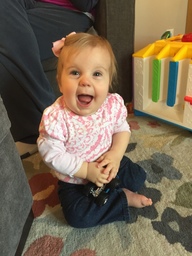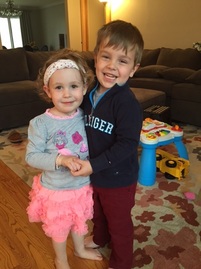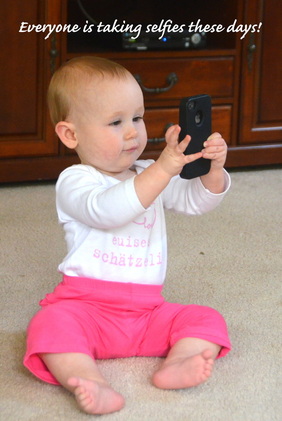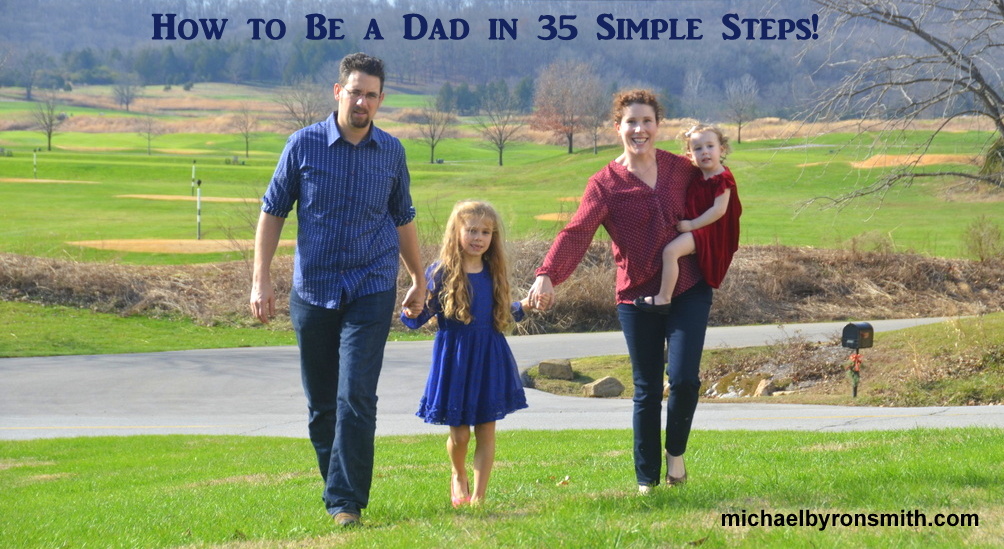 Photo by author
Photo by author I’m guessing most of my readers have heard of the “Six Degrees of Kevin Bacon”, a concept that proposes that if you go to all of Kevin Bacon’s co-actors, then the co-actors of all his co-actors and so forth for six rounds, you will have covered every actor in the entertainment industry. This is based on the “six degrees of separation “, the theory that everyone and everything is six or fewer steps away, by way of linking, from any other person in the world. It’s a chain of a friend of a friend.
Using this concept, if someone knew just 100 people and if each of those 100 people knew 100 more, that first person would have access to 10,000 people through people they know personally. Do that five more times and that would be a path to 100,000,000,000,000 people without counting for overlap (knowing the same people).
That is just a fun fact that makes the point that there is a path to anyone or anything if you wish to go there and dig really deep. And I haven’t even mentioned the internet as yet. But I will now. I mention it in connection to raising your children and knowing what they are up against out there in the world where parents rarely go.
Here’s a way to get the lay of land as see by your 13-year-old or 16-year old, whatever age your kid may be, who is allowed to be on social media. Facebook will be a good example. First of all, you must have access to your under aged children’s accounts. Not to have access is not doing your duties as a parent. You can trust your child but you must always verify. This protects them from predators and themselves and the immature decisions they will make.
The Six Degrees of Facebook
But there is something else you can do, which brings me back to the six degrees of Kevin Bacon. Young people share on Facebook—a lot! Every friend of your child may be good kids, but they live in a culture different from that of our day. Yes, we were kids too, so you know the mischief kids can get into. But the environment is different in that any child is much more likely to be exposed to all kinds of behavior of which you should also become aware. To do this, click on the page of a friend of your child’s. If they have posted publicly, you have the rights of any other person in the public to look at their page. The real purpose here is to find a friend you don’t know through the friends you do know, glance at what is going on, and then look randomly at a friend of this third person. Do this a few times, looking at friends of friends of friends. The point is not to even look at names or the people, but look at the culture that you see going on. You may be shocked!
What I have seen on Facebook is language that is beyond foul, photos that are embarrassing to even look at, terminology that I couldn’t understand, activities which are brazen, obscene, and lack respect. I’ve seen videos of young men come up to strange girls and make disrespectful, crude suggestions, only to have the girls giggle like they have been charmed. You may find philosophies on life and living of which you were not aware. I’ve seen some of this through my own family.
Am I surprised as I dig into this public behavior, recorded for all to see? No. I’m aware truly disgusting things go on. What does surprise a bit is the widespread sharing and acceptance of it. I don’t propose to make over-the-top postings illegal. I just think parents should know what their children may be exposed to and what is accepted as normal behavior.
Let me re-emphasize that doing this research should not be a witch hunt nor should it target anyone. It is just a way to discover things about your children’s environment that they are likely not going to tell you for reasons including, fear, embarrassment, guilt, or just not knowing any better. Armed with the information you find among those of your children’s age group, you will be in a better position to understand their culture, their challenges, the things that are going on about which you had no idea. There is strength in knowledge and the more you know, the more you have an ability to prevent your loved ones from falling into traps from which there may be no escape.
#powerofdadhood


